Human Development and Social Security in India
The ultimate objective of all economic efforts is human development which encompasses quality of life, the level of well-being and access to basic social services. The pattern of economic development in India since Independence in 1947 has left in its trail a variety of inequalities which have caused socio-politico tensions. While the economy has performed well in terms of growth rate of gross domestic product (GDP), its performance in terms of human development indicators has been unsatisfactory. The social security situation in India is characterised by ambiguity in policy and responsibility. There is a variety of schemes but these have been framed at various points of time and, therefore, do not conform to any overall design reflecting a comprehensive and consistent policy or direction. A comprehensive concept of living standards includes the satisfaction of basic needs like food, clothing and shelter as well as normal satisfactions of family life, enjoyment of physical and mental health, opportunities for the expression of skills and recreational abilities, and active and pleasurable social participation. This book contains 9 well-researched papers - authored by scholars in the field - which provide deep insights into various dimensions of human development and social security in India. Besides, the social security vision of the Second National Commission on Labour is reproduced in an Appendix to the book.
Get it now and save 10%
BECOME A MEMBER

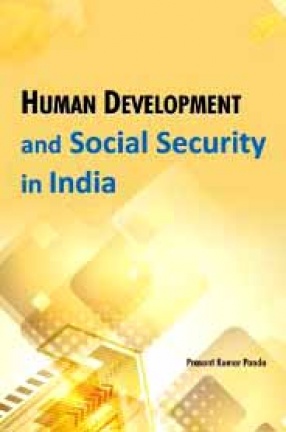
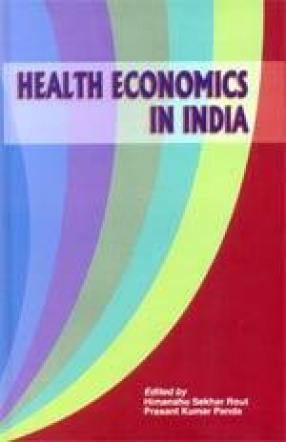
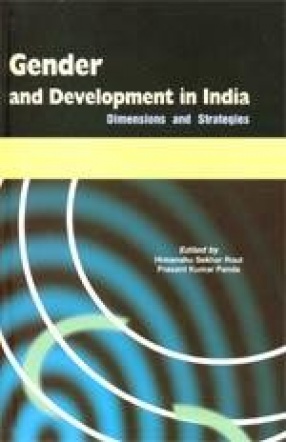



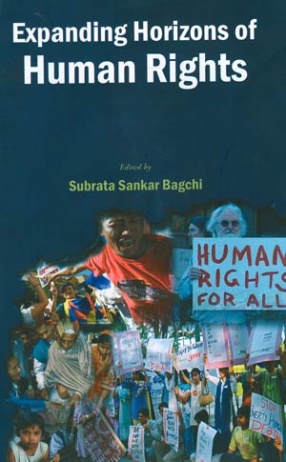
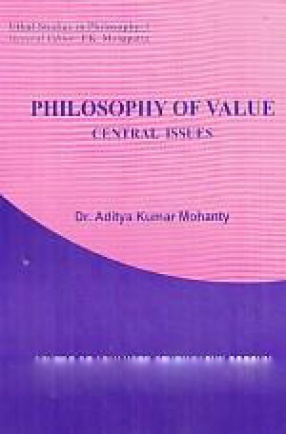

Bibliographic information